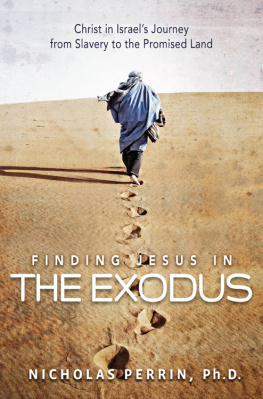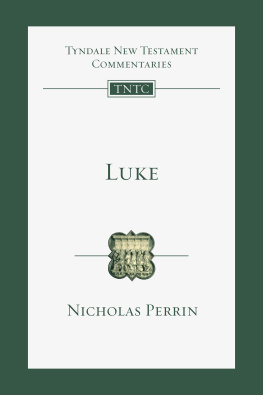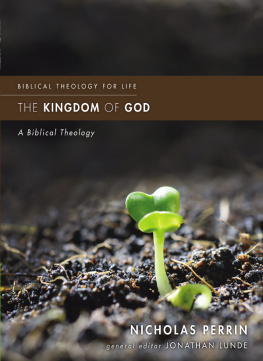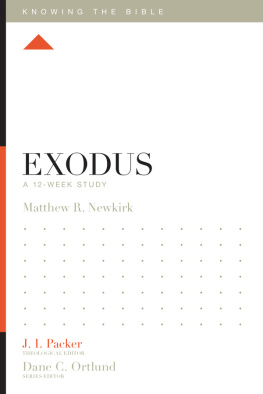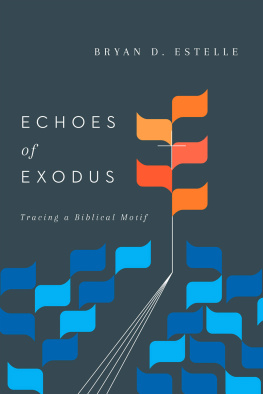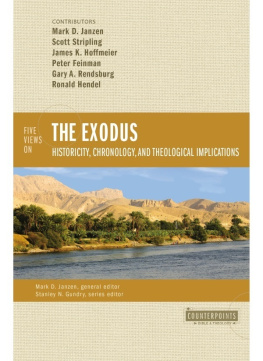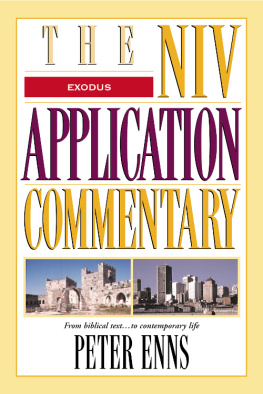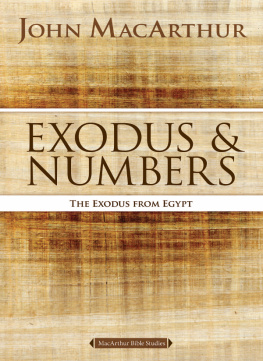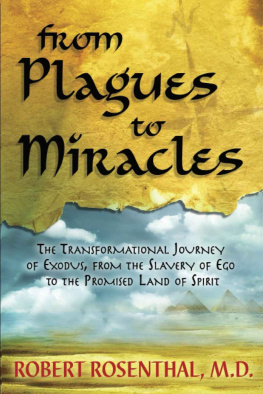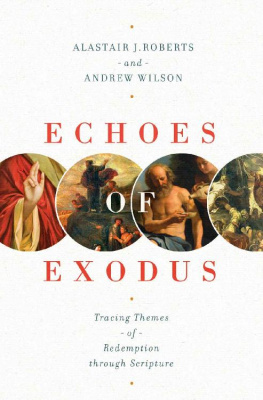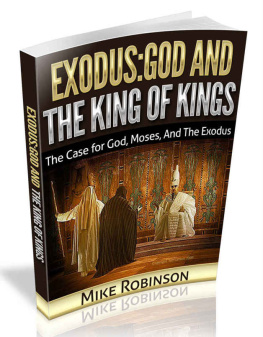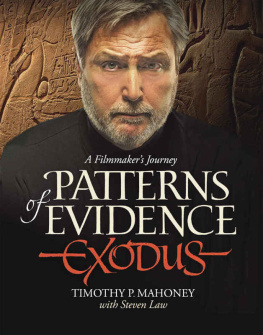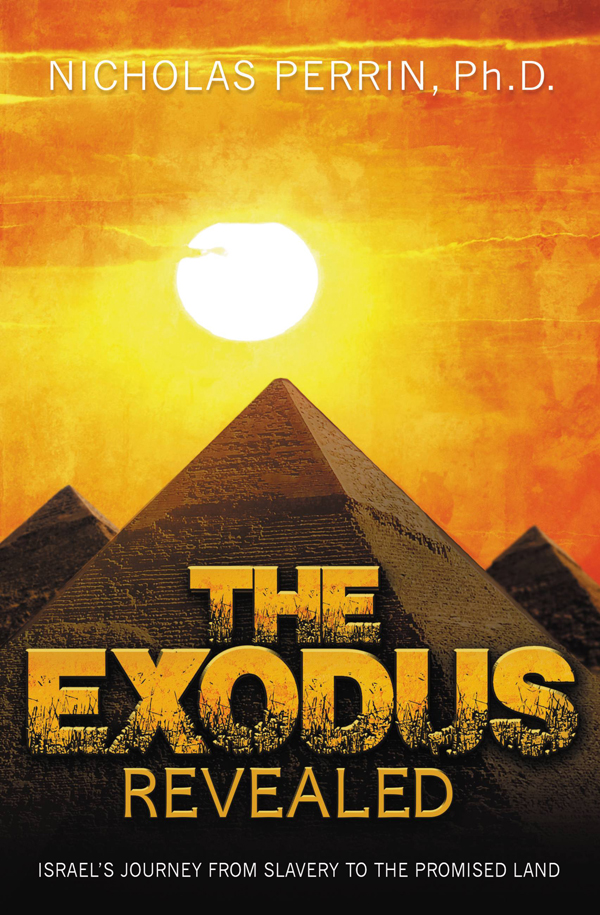
In accordance with the U.S. Copyright Act of 1976, the scanning, uploading, and electronic sharing of any part of this book without the permission of the publisher constitute unlawful piracy and theft of the authors intellectual property. If you would like to use material from the book (other than for review purposes), prior written permission must be obtained by contacting the publisher at permissions@hbgusa.com. Thank you for your support of the authors rights.
Thank you for buying this ebook, published by Hachette Digital.
To receive special offers, bonus content, and news about our latest ebooks and apps, sign up for our newsletters.
Sign Up
Or visit us at hachettebookgroup.com/newsletters
For more about this book and author, visit Bookish.com.
Copyright 2014 by Nicholas Perrin
All rights reserved. In accordance with the U.S. Copyright Act of 1976, the scanning, uploading, and electronic sharing of any part of this book without the permission of the publisher constitute unlawful piracy and theft of the authors intellectual property. If you would like to use material from the book (other than for review purposes), prior written permission must be obtained by contacting the publisher at permissions@hbgusa.com. Thank you for your support of the authors rights.
FaithWords
Hachette Book Group
237 Park Avenue, New York, NY 10017
hachettebookgroup.com
twitter.com/faithwords
First ebook edition: October 2014
Produced with the assistance of Livingstone, the publishing services division of the Barton-Veerman Company (www.livingstonecorp.com). Project staff includes Dave Veerman, Linda Taylor, Larry Taylor, and Nancy Nehmer.
Scripture quotations marked KJV are taken from the King James Version.
FaithWords is a division of Hachette Book Group, Inc.
The FaithWords name and logo are trademarks of Hachette Book Group, Inc.
The Hachette Speakers Bureau provides a wide range of authors for speaking events. To find out more, go to www.hachettespeakersbureau.com or call (866) 376-6591.
The publisher is not responsible for websites (or their content) that are not owned by the publisher.
ISBN 978-1-4555-6066-0
E3
Nicholas Perrin (Ph.D., Marquette University) is Dean of the Wheaton Graduate School where he also holds the Franklin S. Dyrness Chair of Biblical Studies. He received in B.A. from The John Hopkins University, and his M.Div. from Covenant Theological Seminary. Between 2000 and 2003, he was research assistant for N. T. Wright and has since authored and edited numerous articles and books, including Thomas and Tatian (Society of Biblical Literature/Brill); Thomas: The Other Gospel (Westminster John Knox); Lost in Transmission: What We Can Know about the Words of Jesus (Thomas Nelson); and Jesus the Temple (SPCK; Baker Academic), the first of a three-part trilogy on the historical Jesus. He is also co-editor of the recently revised edition of Dictionary of Jesus and the Gospels (InterVarsity). Also see the companion book to this one, Finding Jesus in the Exodus (FaithWords).
A friend of mine has a Far Side coffee mug on which is displayed a colorful cartoon depicting Moses and an apparently hesitant group of Israelites standing before a freshly parted Red Sea. The caption, conveying Moses words to the people, reads: What do you mean its a bit icky?! I love that mug. It brings out and throws into sharp relief an element of the human heart that we know all too well: small-minded ingratitude. No sooner do we recognize God for having done something extraordinary in our lives than we start harboring second thoughts and focus in on the details of what could be better about Gods provision.
At the same time, the mug also raises an interesting historical question. When Moses parted the Red Sea on the night of the Exodus, assuming that the exposed mudflats were indeed a bit icky, just how icky were they? Did the crossing Israelites sink ankle-deep in the mud bottom, or was there much less moisture than that, allowing them to walk along on virtually arid ground? And if you were there, would you have actually met members of the Israelite party who, frightened at the prospect of walking between the parted waters, had to be talked into it? And if so, what would they have said about the icky bottom? Nothing at all? Maybe, for all we know, some Israelites, perhaps small children, could not help but comment on the ick-factor of the Red Sea floor. We will never know. There is a lot that we will never know about the Exodus. But we can pay close attention to what we do know from the biblical text and employ along the way a historically responsible imagination.
Let me unpack that last phrase. First of all, by historically responsible, I refer to that which is answerable to the constraints of history. Simply put: As readers of the Bible, we have to take its contents seriously as history. Now before you nod too quickly in agreement, let me explain exactly what I mean. Over the years, I have met countless Christians who agree with the authority of the Bible in principle and agree that its contents really happened but at the same time do not really take the story of the Bible seriously as history. Heres how I know. Because when they talk about things like the Ten Plagues or the parting of the Red Sea, I realize that they often have not allowed themselves to ask good questions of the text, questions such as, When God sent plagues of various animals, was the choice of animal completely arbitrary? or Do the laws of hydrodynamics actually allow for the theoretical possibility of the sea parting? Time and time again I am astonished when I meet people who, despite being extremely well educated, highly successful in their fields, and intellectually curious in regards to real world issues, fail to get beyond a second-grade level in terms of their understanding of biblical history. Regarding all things biblical, it is as if they are intellectually stuck in Miss Magillacuttys Sunday school class from thirty or forty years ago.
The truth is that Miss Magillacutty never encouraged you to ask, Do the laws of hydrodynamics actually allow for the theoretical possibility of a sea parting? Of course that wasnt her fault. She was just doing her job, spiritually nurturing you when you were still learning to tie your shoes. But perhaps you have picked up this book because you realize you need to go deeper. The Apostle Paul says, When I was a child, I thought like a child and I reasoned like a child; when I became an adult, I put an end to childish things (1 Corinthians 13:11). Perhaps you are reading this book because you want to get past childish ways of thinking in considering the Exodus. If this happens to be you, you should be commended. Whether you are casually interested or highly interested in the Exodus, I believe that undertaking learning projects like these are just part of what it means to love God with your mind. While this book certainly cannot answer all of the questions raised by the second book of the Bible, it will be, I hope, a good start.
Let me come back to the phrase, historically responsible imagination and focus on the last word of the phrase. Sometimes folks get nervous with the word imagination. They want (with echoes of Sergeant Joe Friday) just the facts, Maam. They might say, Dont muddy the waters by bringing imagination into it. I want to push back on this line of thinking; I want to engage peoples imagination about the Exodus. The best way I know how to do this is to engage my own imagination a bit and then talk about it. Some say that this means taking liberties with the text. But the very nature of reading the Bible actually requires us to connect dots, and once we begin to connect the dots, we are using our imagination.


